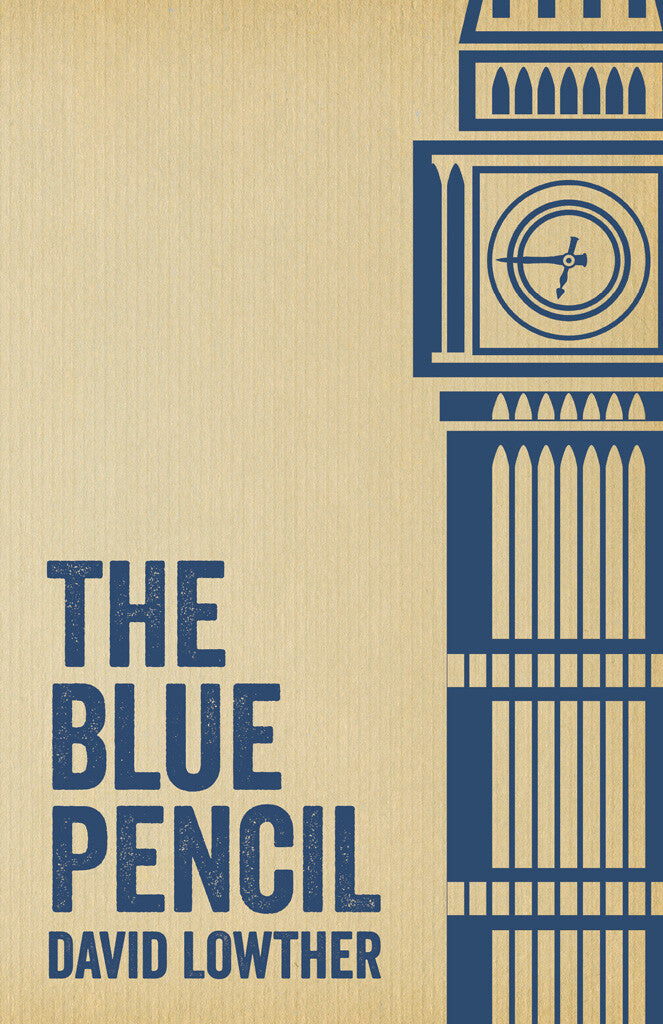In the forth of a series of insights into David Lowther’s thrilling wartime novel The Blue Pencil, we are introduced to one of the most controversial real-life characters in the novel, Claud Cockburn.
The Blue Pencil is currently available as an e-book for just 99p to celebrate the imminent arrival of Lowther’s next wartime thriller, Two Families at War!
- Part 1: Background History
- Part 2: Roger Martin
- Part 3: Richard Walker
The son of a British Consular official who was born in Peking in 1904, Cockburn attended Berkhamstead School and Keble College Oxford. At school, he had a friendship with the Headmaster’s son, later the novelist Graham Greene.
He became a journalist with The Times and reported from the USA and Germany in the early 1930s. Like so many of his generation, he became a Communist, resigned from The Times in 1933 and set up his own anti-establishment newspaper The Week. Later, under the name Frank Pitcairn, he reported as a fighting man on the Spanish Civil War for The Daily Worker under the name Frank Pitcairn.
The Week is best remembered for its unrelenting opposition to Neville Chamberlain’s appeasement policy towards Nazi Germany and Fascist Italy. Cockburn had agents everywhere amongst the press, often supplying him with stories that their own newspapers were reluctant to print because of pressure from the government. This is how Roger Martin meets Cockburn in The Blue Pencil as the two pool resources to expose the pro-German element at the heart of the British establishment. Roger, like Cockburn before him, becomes a target of Scotland Yard’s Special Branch and the shadowy people who back Chamberlain. Desperate, the pro-Chamberlain forces will go to any lengths, including blackmail, falsification of evidence and even physical violence to bury the criticism and Roger soon has to turn to Cockburn to save him from disgrace and perhaps even death.
After the war, Claud Cockburn retired to Ireland where he wrote novels, including Beat the Devil which became a John Huston directed film starring Humphrey Bogart in 1953. He was guest editor and later a regular contributor to Private Eye, the legendary satirical magazine. He died in 1981 and is rightly revered as the ‘father of investigative journalism.’
The Week was cyclostyled on light cream coloured paper and printed in brown ink. At its peak it had 40,000 subscribers. There are bound volumes of every copy of The Week in the newspaper archive of The British Library in St Pancras, London.
The Blue Pencil is available from Sacristy Press in paperback, hardback and e-book formats.
- Part 1: Background History
- Part 2: Roger Martin
- Part 3: Richard Walker










